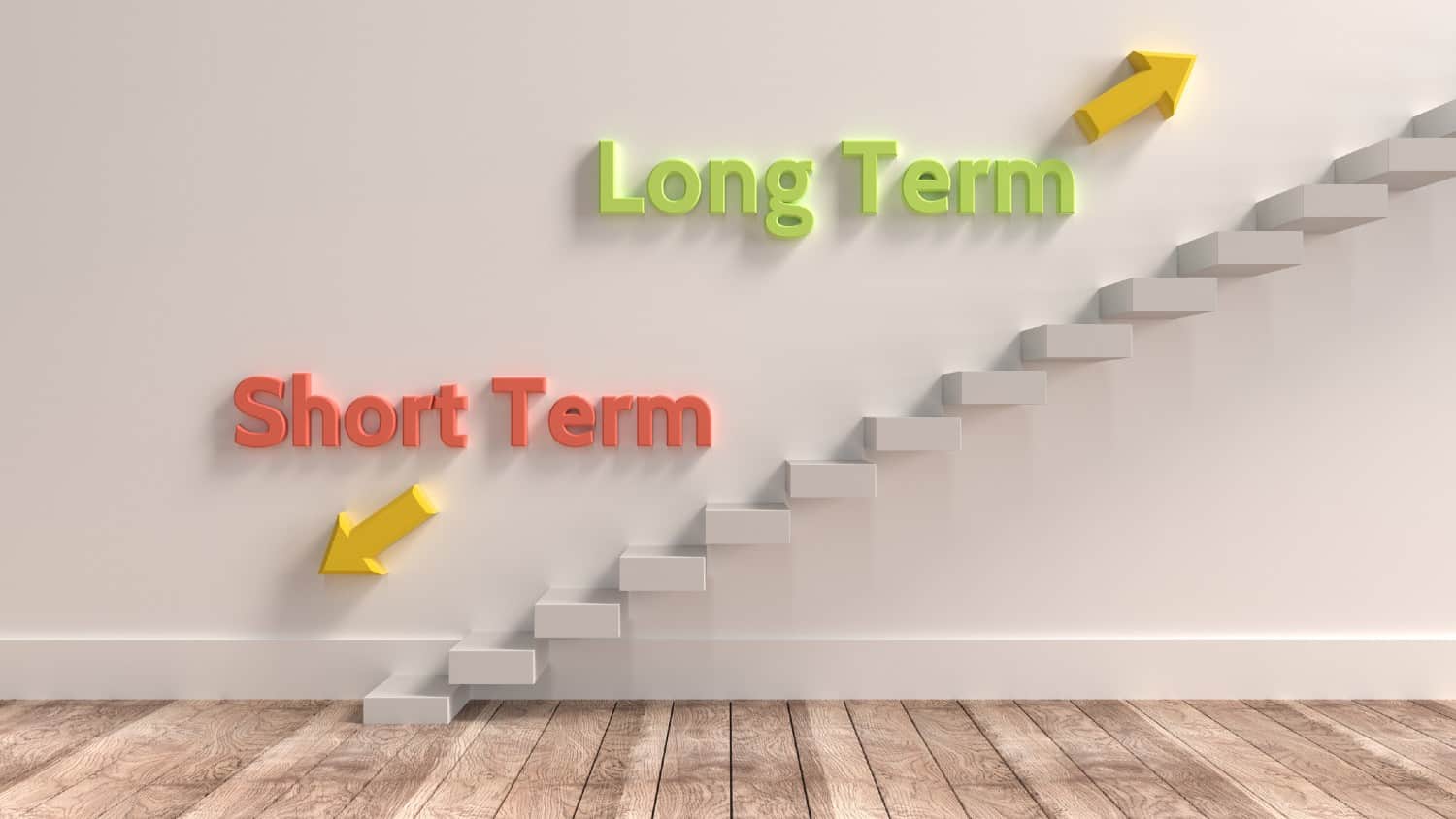Shares in FTSE 100 heavyweight British American Tobacco (LSE: BATS) have dropped 28% in the last 12 months. Given that yields rise as share prices fall, this has brought its payout up to a stunning 9.7%.
Only a handful of FTSE stocks have dividends over 9%, and this has put it firmly on my investment radar.
Now in my mid-50s, I am focusing more on dividend shares rather than growth stocks. The older I get, the less time I want to wait for a stock to recover from any shocks.
Should you invest £1,000 in Chemring Group Plc right now?
When investing expert Mark Rogers has a stock tip, it can pay to listen. After all, the flagship Motley Fool Share Advisor newsletter he has run for nearly a decade has provided thousands of paying members with top stock recommendations from the UK and US markets. And right now, Mark thinks there are 6 standout stocks that investors should consider buying. Want to see if Chemring Group Plc made the list?
Undervalued giant
That said, a major price drop in a high-yielding stock could wipe out any gains made in dividends. So, any dividend stock I buy should offer very good value to lessen the chances of a further major price fall.
Starting with the key price-to-earnings (P/E) ratio, I see the company is currently trading at just 6.1.
This is very cheap compared to the peer group average of 11.4. The group comprises Imperial Brands at 7, Altria Group at 8.5, and Philip Morris International at 18.6.
A discounted cash flow analysis shows the stock to be around 67% undervalued at its present price of £23.73.
Therefore, a fair value would be around £71.90, although this does not necessarily mean it will ever reach that level.
Is the business solid?
The declining popularity of smoking in developed markets has affected the company’s tobacco business overall. Indeed, its stock slide in December followed news of a £25bn impairment charge on some of its US cigarette brands.
However, the firm is transitioning to non-combustible nicotine products (including vapes) to deal with this change in attitudes.
Its H1 2023 results showed overall reported profit from operations rising by 61.4% from H1 2022 – to £5.935bn.
Reported revenue increased 4.4%, with ‘New Category’ non-combustible product revenues up 26.6%.
This is in line with the company’s target to generate at least £5bn in revenues by 2025 from these new products. By 2035, it believes at least half its revenues will come from New Category products.
A risk in the stock is that the timing of this switch away from tobacco products slips. Another is its debt level — around £38bn (after accounting for its cash reserve).
The high level of free cash flow in its earnings means it can pay this down with relative ease currently. However, it is something to keep an eye on.
A huge passive income generator
The company paid a 230.885p per share dividend last year, giving a yield of 9.7%.
If I invested £10,000 now in the stock, I would make £970 this year. Over 10 years, I would have £9,700 to add to my £10,000, if the yield averaged the same.
However, if I reinvested those dividends – ‘dividend compounding’ — rather than spending them, I would have £25,239 after 10 years.
The only reason I am not buying the stock today is that my high-yield portfolio is full. If this was not the case, I would have no qualms about buying it right now.
Its yield is exceptional, and I think its share price will move higher over time in line with its peers. This process should also be boosted by its ongoing business transition.








